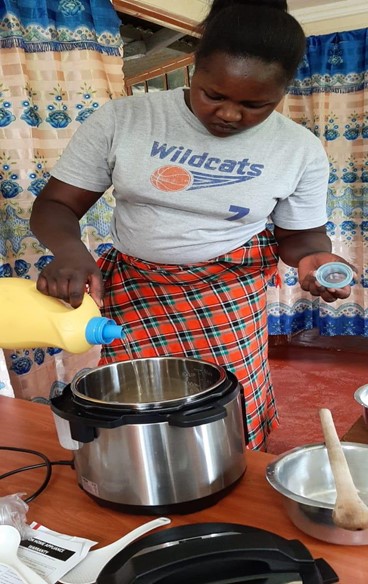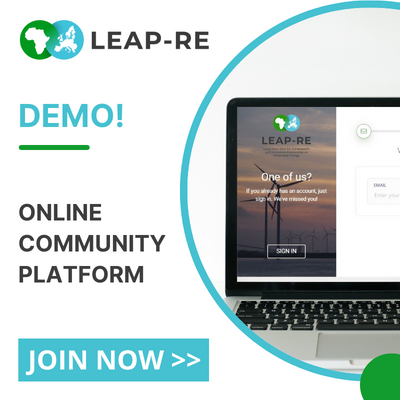PURAMS (Productive Use in Rural Africa Markets using Standalone Solar) aims to develop a standalone solar cooking appliance (cooker), to address the challenges caused by traditional cooking methods and faced by rural communities in Africa. The study is to be done in three countries namely Mozambique, Rwanda and Kenya and develop a solar powered clean cooking solution for these countries. These countries were chosen since they provide similar progression characteristics in the adoption of eCooking as a primary cooking fuel in terms of policy development, supply chain networks, electricity access and consumer demand.
The project will also provide insights into the current state of electricity access and productive use practices in rural Africa households. Changes in cooking behavior with regard to fuel use, meals prepared and the cost of cooking with electricity versus other cooking fuels and technologies such as firewood, charcoal, liquid petroleum gas (LPG) and kerosene will be documented.
170 households participating in the electric cooking study
A total of 170 households are participating in the electric cooking study between the three countries. In Kenya, 100 households which were recently electrified were provided with electric pressure cookers (EPC) and their adoption and use studied for 6 months. Data collection is currently on going in Rwanda where 50 households powered by mini grids are using the EPCs and their use and adoption will be studied for a period of 3 months. In Mozambique, 20 households who concurrently run cooking businesses will be studied to provide insights into the productive use component of cooking.
The electric cooking study will provide data for the off-grid market assessment for solar cooking to enable cooker design and development and capacity assessment in support of piloting the cooker. A solar resource assessment has also been carried out using publicly available data for all three countries.

Preliminary data shows that eCooking has a significant displacement effect on firewood and LPG
As data collection of the electric cooking study was concluded in Kenya, preliminary analysis of the data indicates eCooking has a significant displacement effect on firewood and LPG. There’s more resistance on the displacement of charcoal due its practicality in cooking for larger families as is the case in rural households. This is a factor that is being considered in the development of the prototype of the cooker since most market EPCs range between 5-9 Litres. The Kenyan households in addition recognize the efficiency of using the EPC in both the reduction of cost and cooking time.
A comprehensive analysis of the cooking study will be provided once data collection is concluded in Rwanda and Mozambique.



